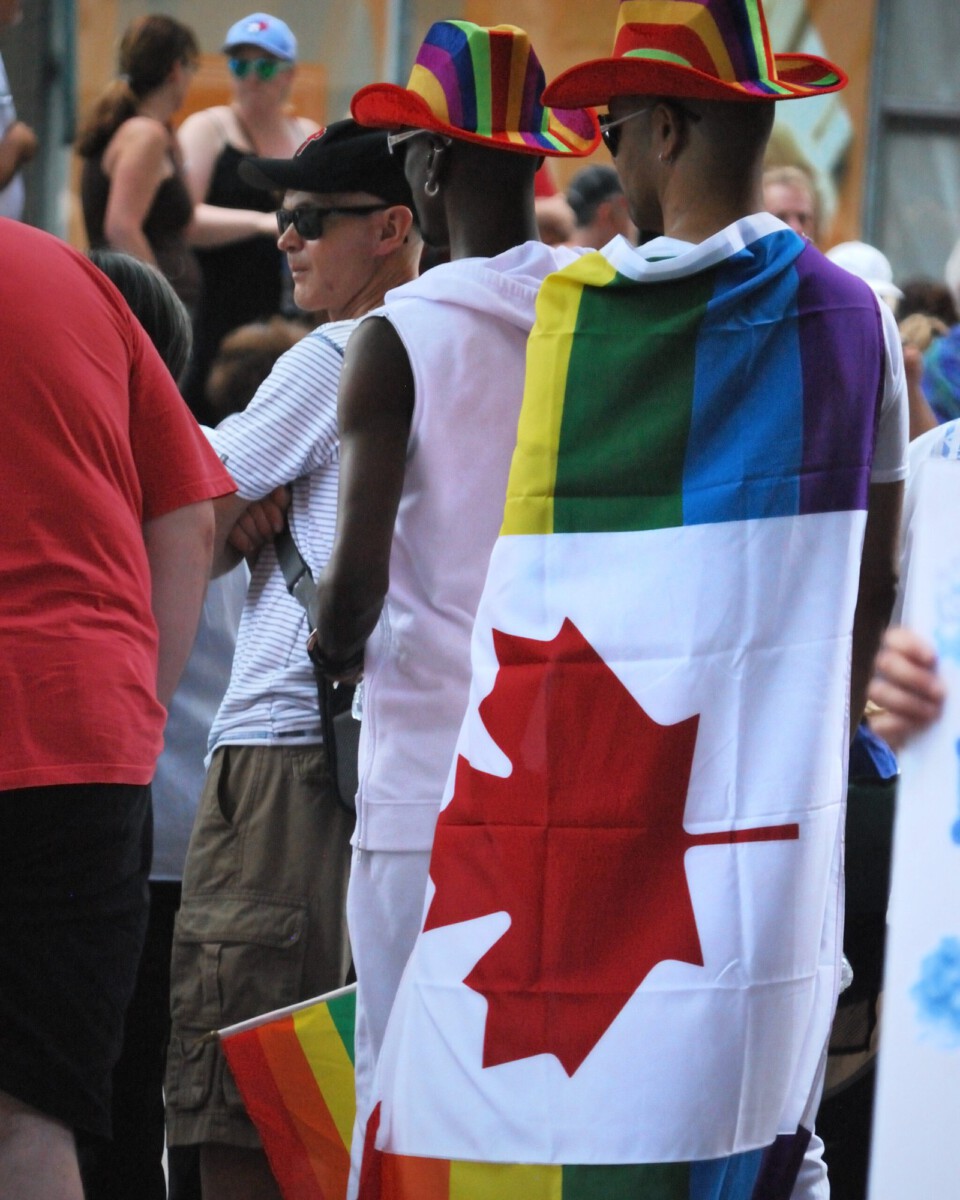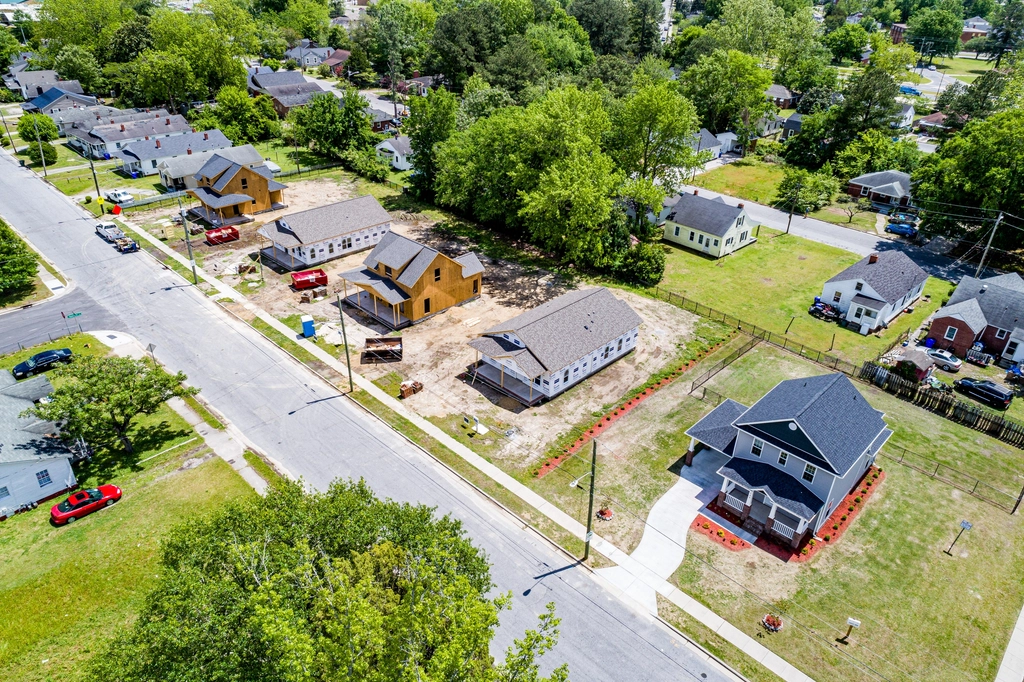Canada: A Beacon of Equality

Canada stands out as a shining example when it comes to LGBTQ+ rights, offering some of the most comprehensive legal protections anywhere in the world. Since legalizing same-sex marriage in 2005, the country has continued to expand rights, including protections under the Canadian Human Rights Act, which now covers both sexual orientation and gender identity. In a 2024 survey, more than 80% of Canadians expressed support for LGBTQ+ rights, showing that legal progress is matched by public acceptance. Toronto Pride, one of the largest pride festivals in North America, draws hundreds of thousands each year, creating a powerful sense of community. The government’s proactive stance extends to supporting LGBTQ+ refugees, making Canada a sanctuary for those fleeing oppression. Recent initiatives have focused on tackling homelessness among LGBTQ+ youth, a group disproportionately affected by housing insecurity. One advocate said, “Canada isn’t perfect, but here, I feel I can be myself without fear.”
The Netherlands: Pioneers of Progress

The Netherlands holds a special place in LGBTQ+ history as the first country to legalize same-sex marriage, setting a global standard for equality. Today, nearly 90% of Dutch citizens support equal rights for LGBTQ+ people, according to a 2025 report. Anti-discrimination laws are robust, and public campaigns regularly reinforce the importance of acceptance and diversity. Amsterdam’s Pride festival, famous for its vibrant canal parade, is a dazzling display of love and freedom that attracts millions of attendees. Dutch schools offer comprehensive education on sexuality and gender, helping to build an inclusive society from a young age. The government also provides mental health resources and support for LGBTQ+ youth, aiming to reduce bullying and promote well-being. Every year, the Netherlands continues to push boundaries, turning equality into a lived reality for its people.
Sweden: A Model of Inclusivity

Sweden is often cited as a leader in human rights, and its approach to LGBTQ+ inclusion is no exception. The law protects against discrimination based on both sexual orientation and gender identity, providing a legal shield for vulnerable groups. Same-sex marriage has been legal since 2009, and an impressive 88% of Swedes support LGBTQ+ rights, according to a 2024 national survey. Stockholm Pride, one of Europe’s largest, transforms the city into a rainbow-hued celebration every summer. The Swedish government actively funds LGBTQ+ organizations and awareness campaigns, ensuring sustained progress. In schools and workplaces, inclusivity training is common, making respect and acceptance part of everyday life. Sweden’s influence also extends beyond its borders, as it advocates for LGBTQ+ rights on the global stage, supporting activists and causes worldwide.
Spain: Celebrating Diversity

Once a conservative stronghold, Spain has experienced a remarkable transformation since legalizing same-sex marriage in 2005. Today, cities like Madrid and Barcelona are home to lively LGBTQ+ communities, and Madrid’s annual Pride is among the world’s largest, drawing millions in celebration. Over 75% of Spaniards support LGBTQ+ rights, according to a 2025 study, indicating an impressive shift in public attitudes. Spain’s anti-bullying laws in schools specifically protect LGBTQ+ students, aiming to create safer learning environments. The government also participates in international forums, pushing for global equality and sharing its experiences. Local organizations are active in offering support services, education, and advocacy. Spanish society’s embrace of diversity is visible in everything from pop culture to politics, making the country a vibrant place to live openly.
Germany: A Growing Movement

Germany has made significant advances in LGBTQ+ rights, especially since same-sex marriage became legal in 2017. The country’s anti-discrimination laws are comprehensive, ensuring protection in workplaces, schools, and public services. Nearly 80% of Germans now support equal rights for LGBTQ+ individuals, demonstrating a strong societal shift. Berlin’s LGBTQ+ scene is legendary, offering everything from inclusive nightlife to international film festivals. In 2024, the government announced new programs targeting mental health support for LGBTQ+ youth, recognizing the unique pressures they often face. Germany is also active internationally, advocating for LGBTQ+ rights in the European Union and beyond. The fight against hate crimes remains ongoing, but the momentum for inclusion grows stronger every year.
New Zealand: A Safe Haven

New Zealand is widely recognized for its progressive stance, having legalized same-sex marriage in 2013 and introduced strong anti-discrimination laws. Over 85% of New Zealanders now say they support LGBTQ+ rights, according to recent surveys, making acceptance part of the national identity. The government funds educational programs and public awareness campaigns to foster inclusivity. In 2025, new initiatives were launched to support LGBTQ+ youth, focusing on mental health and reducing homelessness, issues that have historically affected this community. Auckland and Wellington pride events are not just celebrations but also platforms for advocacy and education. New Zealand’s commitment goes beyond its borders, as it stands up for global LGBTQ+ rights through its foreign policy. One Wellington local shared, “Here, I’m not just tolerated—I’m celebrated.”
Russia: A Climate of Fear

For LGBTQ+ people in Russia, daily life is marked by fear and secrecy due to laws that criminalize so-called “propaganda” of non-traditional relationships. This legislation, condemned by human rights groups, has fueled a rise in violence and discrimination, as reported in 2024. Many LGBTQ+ Russians feel compelled to hide their identities to avoid harassment, job loss, or worse. The government remains silent on protecting LGBTQ+ rights, and there is little recourse for victims of hate crimes. Reports suggest that LGBTQ+ youth face intense bullying in schools and receive little support from authorities. Activists continue to work underground, risking arrest or violence for even modest advocacy efforts. The climate is so hostile that some feel their only option is to flee the country in search of safety.
Uganda: A Dangerous Reality

Uganda has become infamous for its severe anti-LGBTQ+ laws, which include the death penalty for certain homosexual acts. In 2025, reports from human rights organizations described a surge in violence and discrimination, forcing many LGBTQ+ Ugandans to live in constant fear. Advocates for LGBTQ+ rights are regularly targeted for arrest, intimidation, and violence, making activism both dangerous and rare. Many people are forced into hiding, unable to access healthcare, employment, or even safe housing. International criticism has done little to change the legal landscape, and the threat of harsh penalties remains ever-present. For some, the only path to safety is to seek asylum abroad, leaving behind family, friends, and livelihoods. The atmosphere is so tense that even speaking about LGBTQ+ rights can put lives at risk.
Saudi Arabia: A Culture of Oppression

In Saudi Arabia, homosexuality is not just taboo—it’s punishable by imprisonment, corporal punishment, or even death. The country’s strict interpretation of Islamic law leaves LGBTQ+ individuals with no legal protections and immense societal pressure to remain hidden. Reports from 2024 highlight a pattern of state surveillance, where individuals suspected of being LGBTQ+ may be targeted by authorities. Many people live double lives, fearing exposure could mean arrest or violence. Activists say even private support groups are risky, as government crackdowns can be swift and severe. Family rejection is common, and those who are outed may face homelessness or worse. As a result, some Saudis look for ways to escape abroad, hoping for a life where they can simply exist without fear.
Australia: A Steady Climb Forward

Australia has made steady progress in its journey toward full equality for LGBTQ+ individuals, with same-sex marriage becoming legal in 2017 after a national postal survey showed overwhelming support. Anti-discrimination laws protect people in jobs, education, and public life, and pride events in Sydney and Melbourne draw both locals and international visitors. In 2024, polls showed that over 83% of Australians support LGBTQ+ rights, reflecting a significant cultural shift. The government funds health initiatives and counseling services tailored for LGBTQ+ communities, helping address mental health concerns and support those at risk. School programs now include education about gender diversity and sexuality, aiming to foster understanding from a young age. Australia also plays a role in regional advocacy, supporting LGBTQ+ rights in the Pacific and Southeast Asia. As one Sydney resident put it, “We’re not just making space—we’re making a home.”






